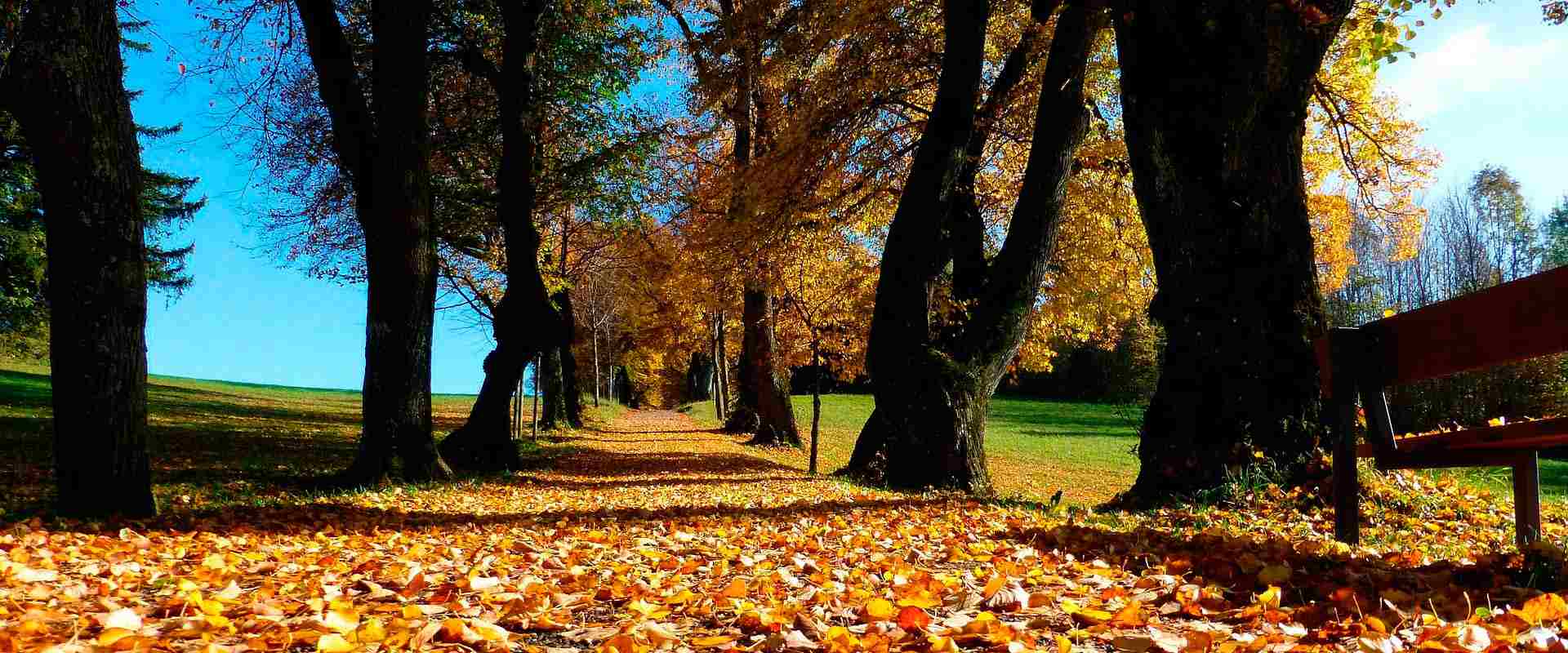详情介绍
中文
41409 – 社会科学的其他专业职业
其他社会科学专业职业包括人类学家、考古学家、地理学家、历史学家、语言学家、政治学家、社会学家等社会科学专业职业。他们受雇于大学以及整个公共和私营部门。
标题索引
- 人类学家
- 应用人类学家
- 应用地理学家
- 应用语言学家
- 考古顾问
- 考古现场工作者
- 考古学家
- 生物地理学家
- 生物人类学家
- 犯罪学家
- 文化人类学家
- 文化地理学家
- 外交史学家
- 戏剧艺术史学家
- 经济地理学家
- 经济史学家
- 教育社会学家
- 民族志学家
- 民族学家
- 词源学家
- 系谱学家
- 地理学家
- 老年学家
- 图表分析员
- 笔迹学家
- 笔迹分析师
- 手写专家
- 历史学家
- 历史地理学家
- 工业地理学家
- 工业社会学家
- 语言学家
- 语言人类学家
- 医学社会学家
- 军事史学家
- 刑法学家
- 语言学家
- 哲学家
- 体质人类学家
- 自然地理学家
- 政治地理学家
- 政治史学家
- 政治学家
- 政治家
- 心理语言学家
- 心理测量师
- 心理医生
- 数量历史学家
- 研究人类学家
- 研究考古学家
- 农村社会学家
- 科学笔迹专家
- 社会和文化人类学家
- 社会人类学家
- 社会生态学家
- 社会历史学家
- 社会科学家
- 社会语言学家
- 社会学家
- 戏剧史学家
- 城市地理学家
- 城市社会学家
主要职责
该小组履行以下部分或全部职责:
人类学家
- 对人类社会和文化的起源、发展和功能以及人类进化、不断变化的物理特征和地理分布进行研究。
考古学家
- 研究人工制品(物体和结构)以重建过去的经济、社会、政治和知识生活。
犯罪学家
- 研究犯罪、罪犯、预防和康复,并可能协助和建议个人重新融入社会。
地理学家
- 研究和分析物理、生物、文化和社会模式的空间分布和相互关系。
历史学家
- 对过去人类活动的一个或多个阶段或方面进行研究,并解释和记录调查结果。
语言学家
- 研究语言的起源、结构和发展,并将语言学理论应用于教学、翻译和交流中的问题。
政治学家
- 对政治制度、政治运动和个人政治行为的理论、起源、发展、相互关系和运作进行研究。
心理测量师
- 制定心理测试、量表和措施,并可以管理或应用和解释此类测试、量表和措施。心理测量师通常在注册心理学家的监督下进行心理测试并为其评分。
社会学家
- 研究人类社会的发展、结构、社会模式和相互关系。
其他社会科学专业人士
- 专注于社会科学和人文学科的特定领域。其中包括老年病学家(衰老现象和问题的专家)、笔迹分析师(笔迹分析专家)等。
就业要求
- 通常需要该学科的硕士或博士学位。
- 在魁北克,犯罪学家监管机构的成员必须使用“犯罪学家”的头衔。
附加信息
- 专业化通常存在于这些职业中的每一个中,通常是通过大学学习或经验获得的。
- 专注于社会科学和人文学科的特定领域。其中包括老年病学家(衰老现象和问题的专家)、笔迹分析师(笔迹分析专家)等。
排除
- 大学和其他职业指导员(41210)
- 经济学家和经济政策研究人员和分析师(41401)
- 数学家、统计学家和精算师 ( 21210)
- 心理学家 ( 31200 )
- 中学教师 ( 41220 )
- 社会政策研究人员、顾问和项目官员(41403)
- 大学教授和讲师(41200)
English
41409 – Other professional occupations in social science
Other professional occupations in social science include anthropologists, archaeologists, geographers, historians, linguists, political scientists, sociologists and other professional occupations in social science. They are employed in universities and throughout the public and private sectors.
Index of titles
- Anthropologist
- Applied anthropologist
- Applied geographer
- Applied linguist
- Archaeological consultant
- Archaeological field worker
- Archaeologist
- Biogeographer
- Biological anthropologist
- Criminologist
- Cultural anthropologist
- Cultural geographer
- Diplomatic historian
- Dramatic arts historian
- Economic geographer
- Economic historian
- Educational sociologist
- Ethnographer
- Ethnologist
- Etymologist
- Genealogist
- Geographer
- Gerontologist
- Graphoanalyst
- Graphologist
- Handwriting analyst
- Handwriting expert
- Historian
- Historical geographer
- Industrial geographer
- Industrial sociologist
- Linguist
- Linguistic anthropologist
- Medical sociologist
- Military historian
- Penologist
- Philologist
- Philosopher
- Physical anthropologist
- Physical geographer
- Political geographer
- Political historian
- Political scientist
- Politicist
- Psycholinguist
- Psychometrician
- Psychometrist
- Quantitative historian
- Research anthropologist
- Research archaeologist
- Rural sociologist
- Scientific handwriting expert
- Social and cultural anthropologist
- Social anthropologist
- Social ecologist
- Social historian
- Social scientist
- Sociolinguist
- Sociologist
- Theatre historian
- Urban geographer
- Urban sociologist
Main duties
This group performs some or all of the following duties:
Anthropologists
- Conduct studies of the origin, development and functioning of human societies and cultures and of human evolution, changing physical characteristics and geographical distribution.
Archaeologists
- Study artifacts (objects and structures) to reconstruct past economic, social, political and intellectual life.
Criminologists
- Study crime, criminals, prevention and rehabilitation, and may assist and counsel individuals on their social reintegration.
Geographers
- Study and analyse the spatial distribution and interrelationship of physical, biological, cultural and social patterns.
Historians
- Conduct research into one or more phases or aspects of past human activity and interpret and document findings.
Linguists
- Study the origin, structure and development of languages and apply linguistic theory to problems in teaching, translation and communications.
Political scientists
- Conduct research into the theory, origin, development, interrelationships and functioning of political institutions, political movements and individual political behaviour.
Psychometricians
- Develop psychological tests, scales and measures, and may administer or apply and interpret such tests, scales and measures. Psychometrists administer and score psychological tests, usually under the supervision of a registered psychologist.
Sociologists
- Study the development, structure, social patterns and interrelationships of human society.
Other social science professionals
- Specialize in particular areas of social sciences and humanities disciplines. These include gerontologists (specialists in the phenomena and problems of aging), graphoanalysts (specialists in handwriting analysis) and others.
Employment requirements
- A master's or doctoral degree in the discipline is usually required.
- In Quebec, membership in the regulatory body for criminologists is required to use the title “Criminologist”.
Additional information
- Specialization usually exists within each of these occupations and is usually obtained through university study or through experience.
- Specialize in particular areas of social sciences and humanities disciplines. These include gerontologists (specialists in the phenomena and problems of aging), graphoanalysts (specialists in handwriting analysis) and others.
Exclusions
- College and other vocational instructors (41210)
- Economists and economic policy researchers and analysts (41401)
- Mathematicians, statisticians and actuaries (21210)
- Psychologists (31200)
- Secondary school teachers (41220)
- Social policy researchers, consultants and program officers (41403)
- University professors and lecturers (41200)

